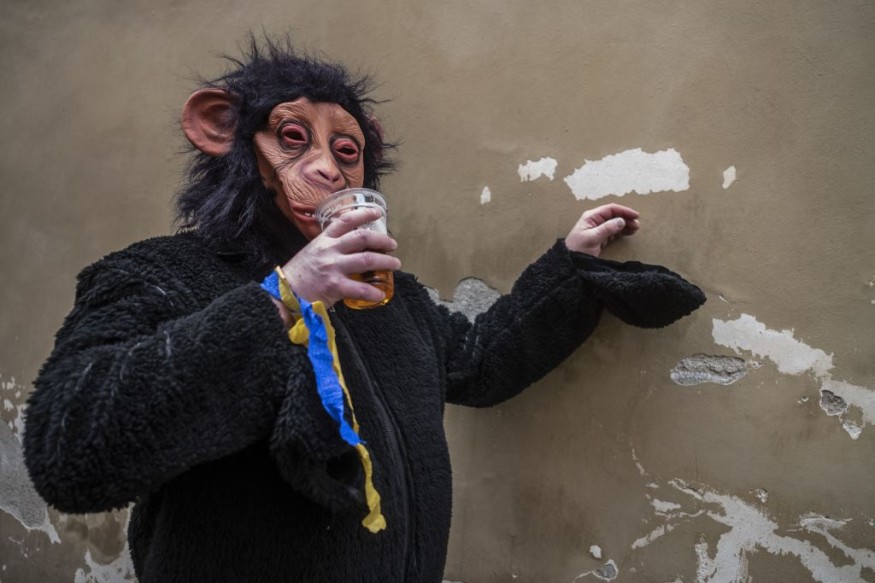A new study reveals that monkeys are fond of consuming alcohol. According to the experts, the primates can find ripe enough fruits and have sugar content near the fermentation phase. According to the findings, these fruits produce up to two percent alcohol which the monkeys enjoy.
The study on the alcohol consumption of monkeys was led by scholars from the University of California, Berkeley. The research involved the analysis of fruits left or eaten by the black-handed spider monkeys residing in the regions of Panama.
Alcohol Consumption of Spider Monkeys

The favorite fruits of the monkeys, according to the authors, were frequently composed of alcohol concentration that ranges from one to two percent. The chemical transition in the fruits is induced by natural fermentation, which can also be observed in other choices.
In 2014, the theory of alcohol diet in monkeys was first conceptualized by UC Berkeley biology expert Robert Dudley. The practice of alcohol consumption, according to Dudley, was inherited by humans from primate ancestors. The monkeys and apes initiated the discovery of the alcohol content as its presence led them to ripe fruits.
The latest study, in which Dudley also served as author, strengthens the 'drunken monkey' hypothesis. In addition, the findings could deepen our understanding of how the fondness for alcohol first formed in the thoughts of humans.
Alongside the discarded fruits of the Panama monkeys, their urine content was also examined from the free-range primates as its volumes contain metabolites of alcohol, Daily Mail reports.
According to the data, experts concluded that the monkeys actually use alcohol content in fruits for the restoration of energy, and not just pass through their systems.
California State University Northridge's primatology expert Christina Campbell led the groundwork for collecting specimens alongside fellow specialist Victoria Weaver.
Most of the gathered samples were from the black-handed spider monkeys or the Ateles geoffroyi. The species reside in parts of Panama, in which they roam freely.
ALSO READ : Dolphins Whistle? New Studies Uncover Bonding Ritual, More Functions of Animal's Vocal Sounds
Primate's Ethanol Diet Might Explain Why Humans Consume Alcohol
Campbell explained that, for the first time, their team was able to present that the wild primates indeed consume fruit-based ethanol. The author emphasized that the activity of these animals was not induced by external factors or human interference.
The latest study serves as just one advancement in the subjects' research, and many follow-ups are required to establish the scientific explanations behind the drunken monkey hypothesis, Campbell continued.
The fruit choices that the monkeys like averaged a natural alcohol content of seven percent.
Dudley and Campbell collaborated with integrative biologist Aleksey Maro to obtain a broader perspective of the primates' dietary association with alcohol. Maro is a fellow UC Berkeley expert that conducts a parallel study on the chimpanzees located in Uganda.
The authors said that further studies are necessary to specify the physiological and behavioral aspects of ethanol consumption in the monkeys and the detailed metabolism that occurs in their system as they digest alcohols in fruits.
The paper was published in the Royal Society Open Science, titled "Dietary ethanol ingestion by free-ranging spider monkeys (Ateles geoffroyi)."
RELATED ARTICLE : Octopuses, Squids, Crabs Have Emotions! Scientific Views on Invertebrate Reveal They May Have Feelings
Check out more news and information on Biology in Science Times.
© 2025 ScienceTimes.com All rights reserved. Do not reproduce without permission. The window to the world of Science Times.











